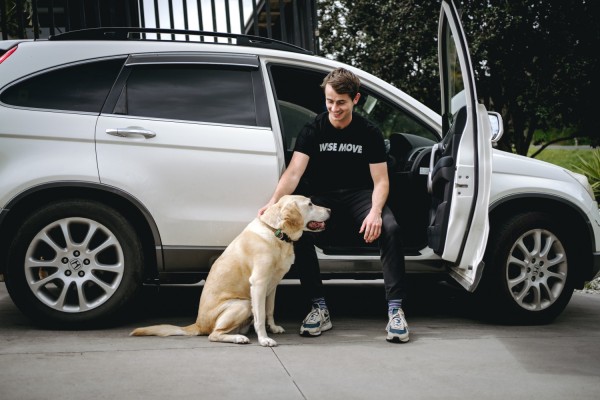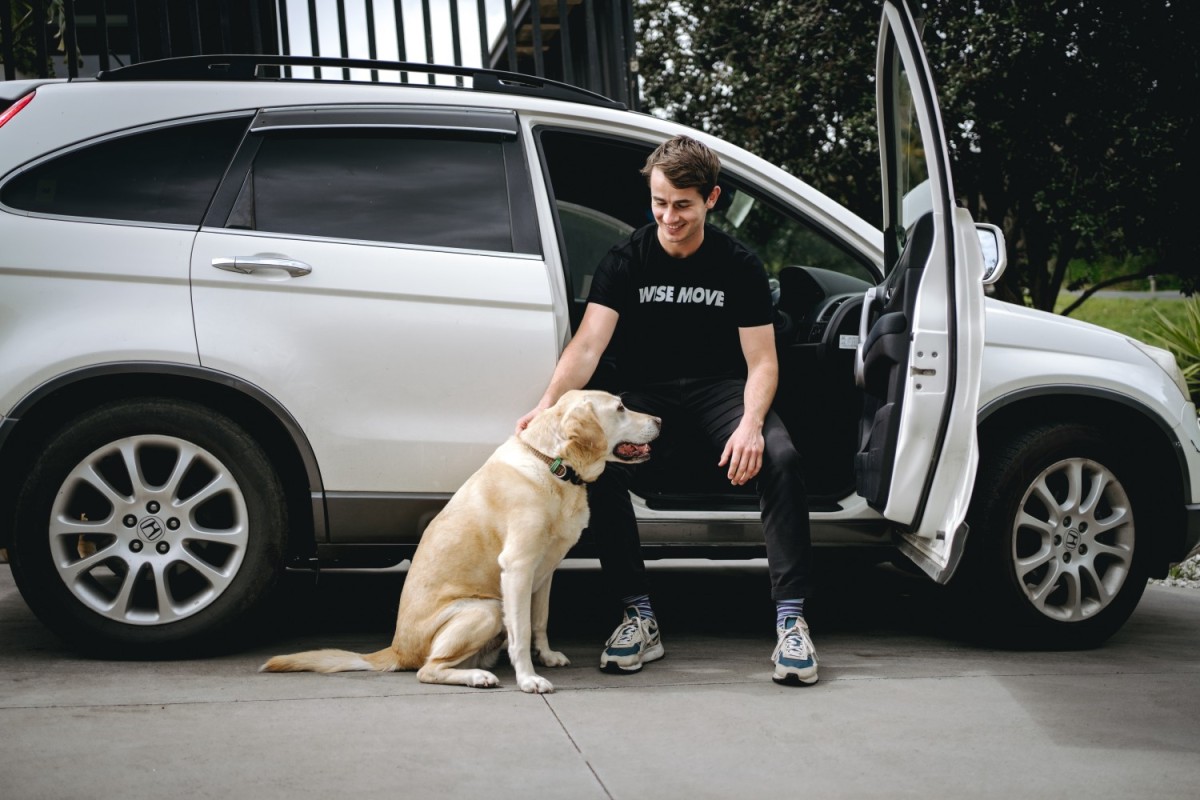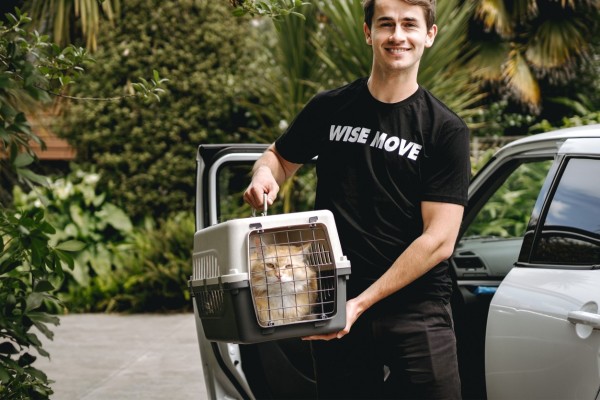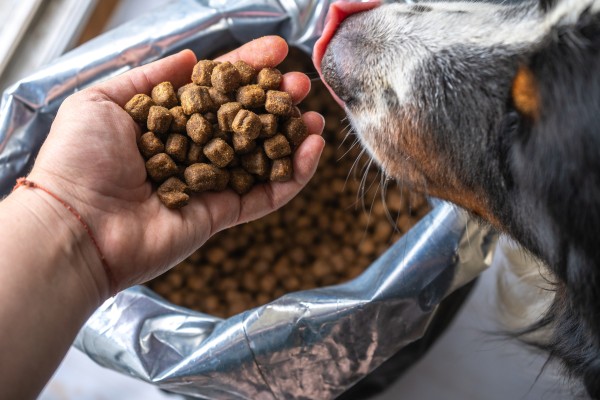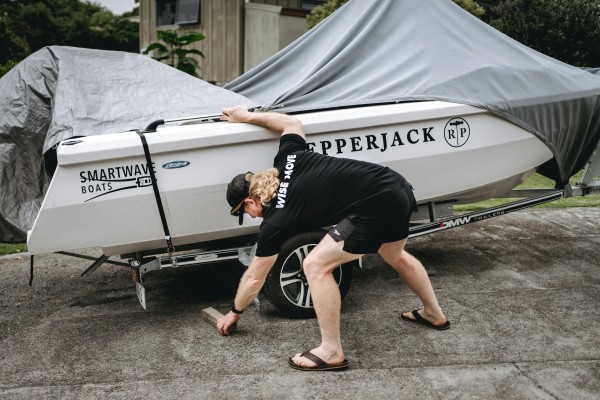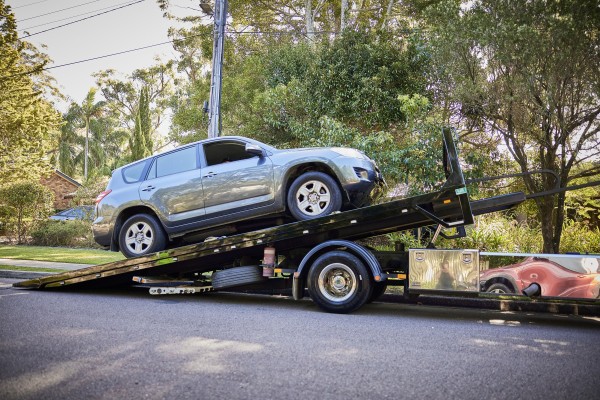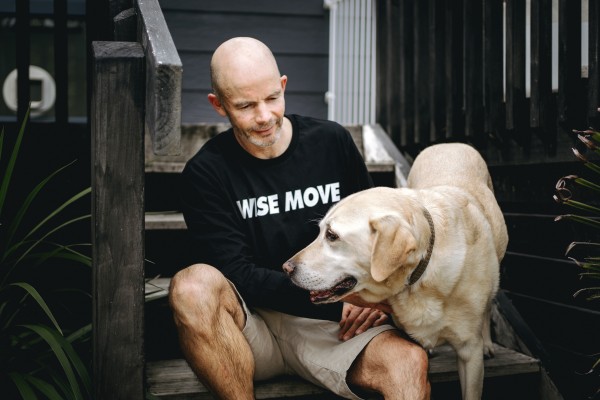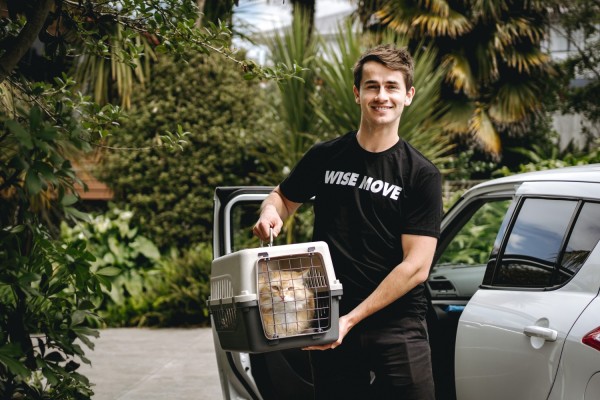10 Tips for Transporting Livestock and Horses
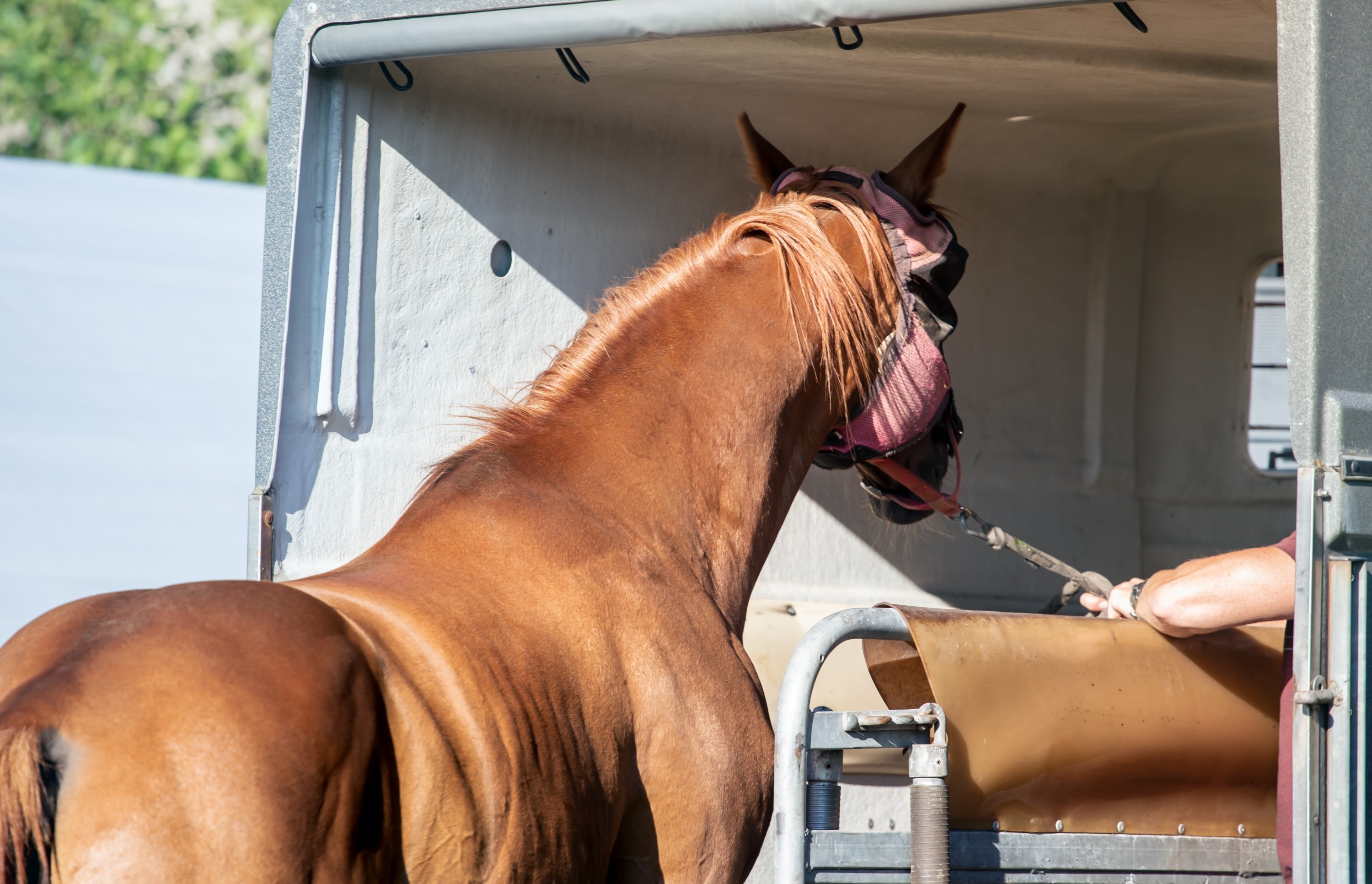
Transporting livestock and horses is quite different from transporting pets or other companion animals. Because of their large size and unique needs, there are a variety of measures that must be in place to keep these animals safe and healthy during transport.
Here are the top 10 things you need to know about transporting livestock and horses.
1. Pick Your Mode of Transportation
The first step in transporting livestock and horses is determining which mode of transportation works best for you and your animals. According to the New Zealand Ministry for Primary Industries, livestock and horses can travel by road, rail, or air.
Air travel can be expensive and is usually not the preferred transportation method. Most livestock and horse owners prefer to transport their animals by truck and trailer. Not only is this typically the most cost-effective mode of transportation, but it is also a safe and convenient option.
2. Health Considerations
There are a variety of health considerations you will need to keep in mind when transporting livestock and horses. Animals have to be of a certain age to travel and must be free from major medical concerns. The most common medical problems include respiratory infection, lameness, and injured horns.
Animals in late-term pregnancy should also be withheld from transport due to the increased risk of stress and birth during transit. Additionally, animals that have undergone medical procedures, such as castrations or tail docking, cannot be transported for at least seven days after the procedure.
3. Schedule an Appointment with Your Veterinarian
To determine if your animals are healthy for transport, you will need to schedule an appointment with your veterinarian. Your vet will examine each animal in the herd to determine if they are fit for travel. In some cases, animals with minor health concerns may be cleared by your veterinarian as long as specific management measures are taken.
Once the animals have been evaluated, your veterinarian will issue health certificates indicating the health status of each animal and any specific care instructions that the animal may require.
4. Hire a Transporter
Once you have determined that your animals are healthy for transport, you will need to decide who will be transporting them. While some owners are comfortable transporting livestock themselves, many horses and livestock owners prefer to use professional transporters.
When hiring a professional transporter, it’s essential to research your various options and look for transporters with high standards for animal care. Pay close attention to a transporter’s credentials and look for reviews from previous customers.
Wise Move is a great way to connect with transporters and learn more about their services. You can read reviews from previous customers are rest assured you are hiring a vetted professional.
5. Animal Handling and Loading
Animal handling and loading are some of the most critical parts of any animal transport. Improper handling can cause significant stress and put your animals at greater risk of injury. Any time you are loading or working with livestock or horses, it is critical to use low-stress handling techniques.
The more you can practice handling your animals, the better. If you have access to a trailer before the day of transport, it may be helpful to practice loading and unloading. This training tactic is especially useful for horses who have never travelled before.
6. The Importance of Hydration
Keeping animals hydrated during transport is essential for their health and well-being. Dehydration can lead to various medical complications, including colic in horses. Because of this, it is essential to make sure animals are well-hydrated before the trip begins. Water should be available in the transport vehicle for animals travelling for more than 6 hours and should always be available at loading and unloading facilities.
7. Feeding Before and During Transport
In addition to water, you will also need to consider how and when to feed your animals for transport. While regular access to feed is important, some foods, such as green grass should be limited. According to the National Stock Effluent Working Group, ruminants must be held off green pasture for at least 4 hours before transport. This regulation reduces the amount of animal waste produced during the trip and reduces spillage from the transportation vehicle onto the roads.
Although livestock cannot graze green pastures during this time, another appropriate feed source, such as hay, must be provided. For long trips, animals should have access to food during the journey. For shorter transport, food should be provided as soon as the animals are unloaded.
You can find more details about feeding guidance and minimum standards for your animals in the New Zealand Code of Welfare.
8. Additional Safety Considerations
Livestock and horses are often transported in large numbers and in close quarters. Because of this, there are a variety of safety measures that must be in place. When transporting groups of animals, it is essential that animals are grouped based on their age, sex, and size. This can help reduce aggressive behaviour and prevent smaller animals from getting hurt during the trip.
Additionally, mixing animals from different farms can increase the transmission of disease. You should always discuss safety concerns and travel arrangements with your transporter. Make sure you ask if your animals will be transported with animals from different facilities and what safety measures are taken to reduce disease transmission.
9. Weather Awareness
Whether your animals are being transported by trailer or stock car, it’s important to be aware of the weather and temperature conditions that your animals are travelling in. Adverse weather conditions can prolong transport time and put your animals at increased risk of cold or heat stress.
In colder weather, some horse owners elect to transport their horses with fitted rugs or blankets for warmth. If you are considering blanketing your horse for transport, make sure you check the weather conditions for the entire day. Removing the blanket during transport may not be possible. If temperatures rise, the blanket may cause your horse to overheat.
10. Monitoring Animals During Transport
Keeping a close eye on the animals can help prevent injury and address problems as needed. Some horse transporters use video monitors to check on horses throughout the trip. This is less common for livestock transport. However, animals should still be checked regularly to make sure there are no concerning issues that need to be addressed.
Before your trip, check with your transport company to see what kind of monitoring they provide. Ask for details about their emergency plan and what protocols are in place in case any unexpected events occur.
Summary
When transporting livestock and horses, health and safety should always be a top priority. Take the time to ensure your animals are healthy for transport and receive appropriate care during their trip. This includes providing adequate access to food and water and using appropriate animal handling techniques.
We hope these tips will help you prepare for your next adventure and make the process as smooth as possible. If you have additional questions about your animal’s unique travel needs, consider reaching out to your veterinarian or consulting with a professional transporter.
What do our customers say?




For every (wise)move







